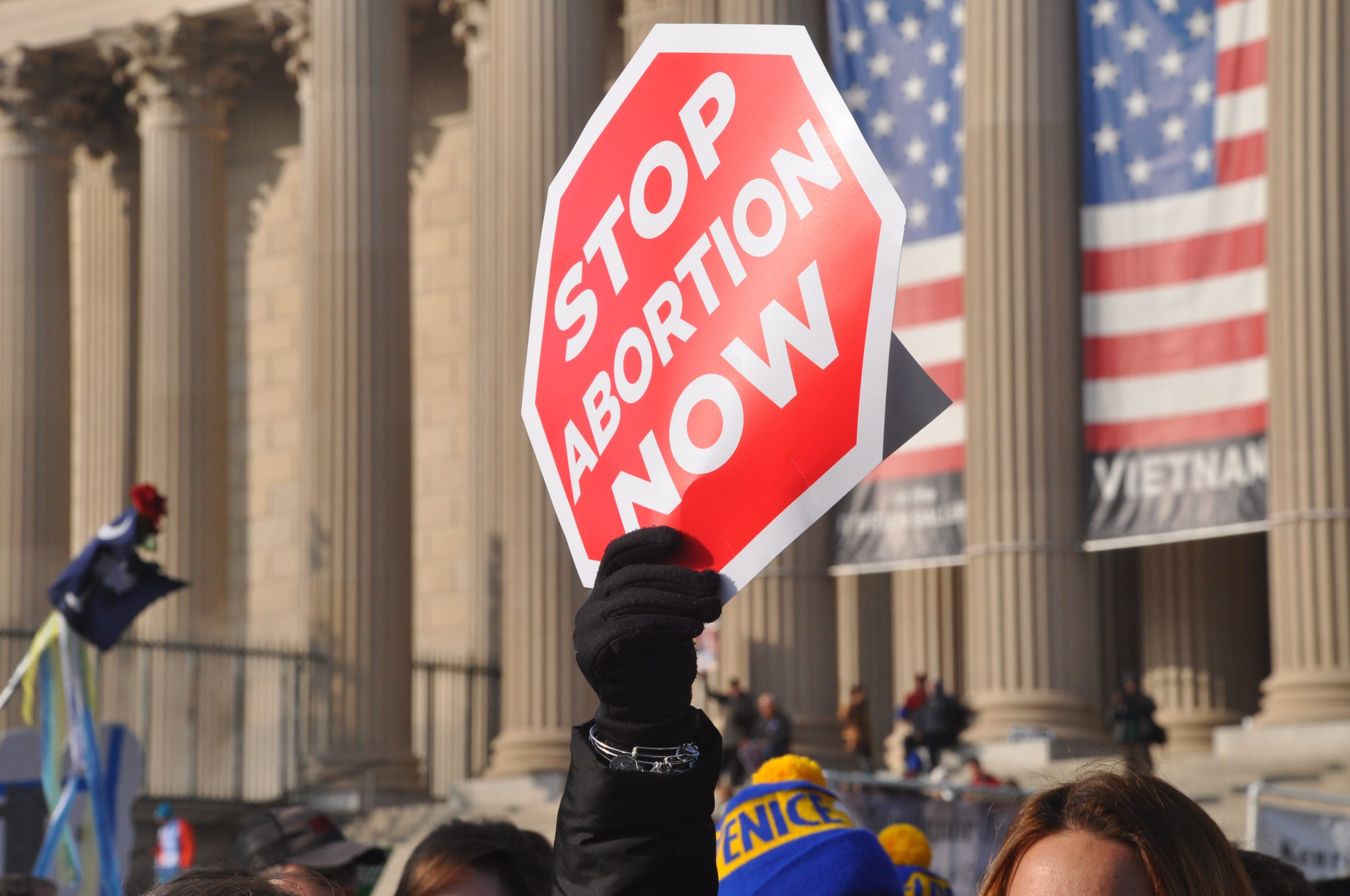
Samuel Case, FISM News
[elfsight_social_share_buttons id=”1″]
A new study found that 61% of women who had an abortion reported facing pressure to have the procedure done, resulting in negative mental health effects.
The peer-reviewed study was conducted by Charlotte Lozier Institute (CLI), a pro-life organization, on October 22 and published on January 31 in the Cureus medical journal. The researchers polled over 1,100 women aged 41-45, out of which 226 said they’d had an abortion, which CLI says aligns with national abortion estimates.
The study identified five areas of potential pressure: the woman’s male partner, family members, someone else, financial concerns, or other circumstances. Out of these women who had an abortion, 61% reported high levels of pressure in at least one of these areas.
Women who felt pressure to end their pregnancy were also more likely to experience grief, regret, and an overall decline in mental health. In fact, the abstract reads, “Women with a history of abortion were four times more likely to quit the survey than women who did not have abortions, and those with a history of feeling pressured to abort also reported higher levels of stress related to completing the survey.”
CLI recommends that abortion providers “screen for perceived pressures to abort and be prepared to offer counseling and services that will help women to avoid unwanted abortions.”
“Abortion clinics cannot claim to be pro-woman while at the same time allowing the majority of their clients to be pressured into unwanted abortions,” said Dr. David Reardo, a Lozier Institute Associate Scholar and lead author of the study.
He later said, “In a country torn by political debate over abortion, surely these findings underscore one point on which we should all be able to agree. No woman should ever feel pressured into accepting an unwanted abortion. Clearly, abortion clinics need to provide better pre-abortion screening and counseling in order to prevent unsafe and unwanted abortions.”
CLI says the study is “the first in a series of planned studies designed to investigate the prevalence and impact of abortions that conflict with women’s own maternal preferences and moral beliefs.”
